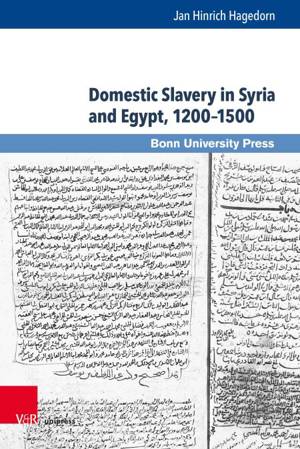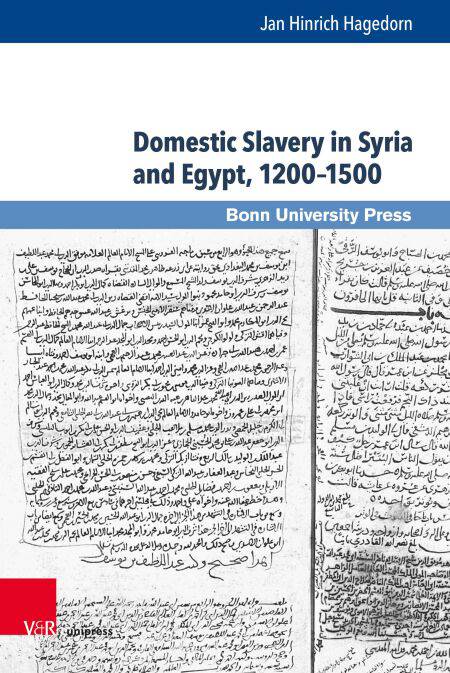
Bedankt voor het vertrouwen het afgelopen jaar! Om jou te bedanken bieden we GRATIS verzending (in België) aan op alles gedurende de hele maand januari.
- Afhalen na 1 uur in een winkel met voorraad
- In januari gratis thuislevering in België
- Ruim aanbod met 7 miljoen producten
Bedankt voor het vertrouwen het afgelopen jaar! Om jou te bedanken bieden we GRATIS verzending (in België) aan op alles gedurende de hele maand januari.
- Afhalen na 1 uur in een winkel met voorraad
- In januari gratis thuislevering in België
- Ruim aanbod met 7 miljoen producten
Zoeken
Omschrijving
Slavery touched many aspects of Mamluk society. This volume focuses on the role of slaves within the family, from birth to purchase, liberation, and death. It investigates domestic slavery in Syrian and Egyptian society from the thirteenth to the fifteenth century. Jan Hagedorn focuses on the agency of slaves in the context of master-slave relationships within households and in wider society. He argues that the ability of slaves to shape the world around them was underpinned by a constant process of negotiation within the master-slave relationship and that intermediaries such as the court system channelled the agency of slaves. The principal sources for this study are purchase contracts, listening certificates, marriage contracts, and estate inventories in combination with scribal, market inspection, and slave purchase manuals as well as chronicles.
Specificaties
Betrokkenen
- Auteur(s):
- Uitgeverij:
Inhoud
- Aantal bladzijden:
- 245
- Taal:
- Engels
- Reeks:
Eigenschappen
- Productcode (EAN):
- 9783847010913
- Verschijningsdatum:
- 8/12/2019
- Uitvoering:
- E-book
- Formaat:

Alleen bij Standaard Boekhandel
+ 49 punten op je klantenkaart van Standaard Boekhandel
Beoordelingen
We publiceren alleen reviews die voldoen aan de voorwaarden voor reviews. Bekijk onze voorwaarden voor reviews.









